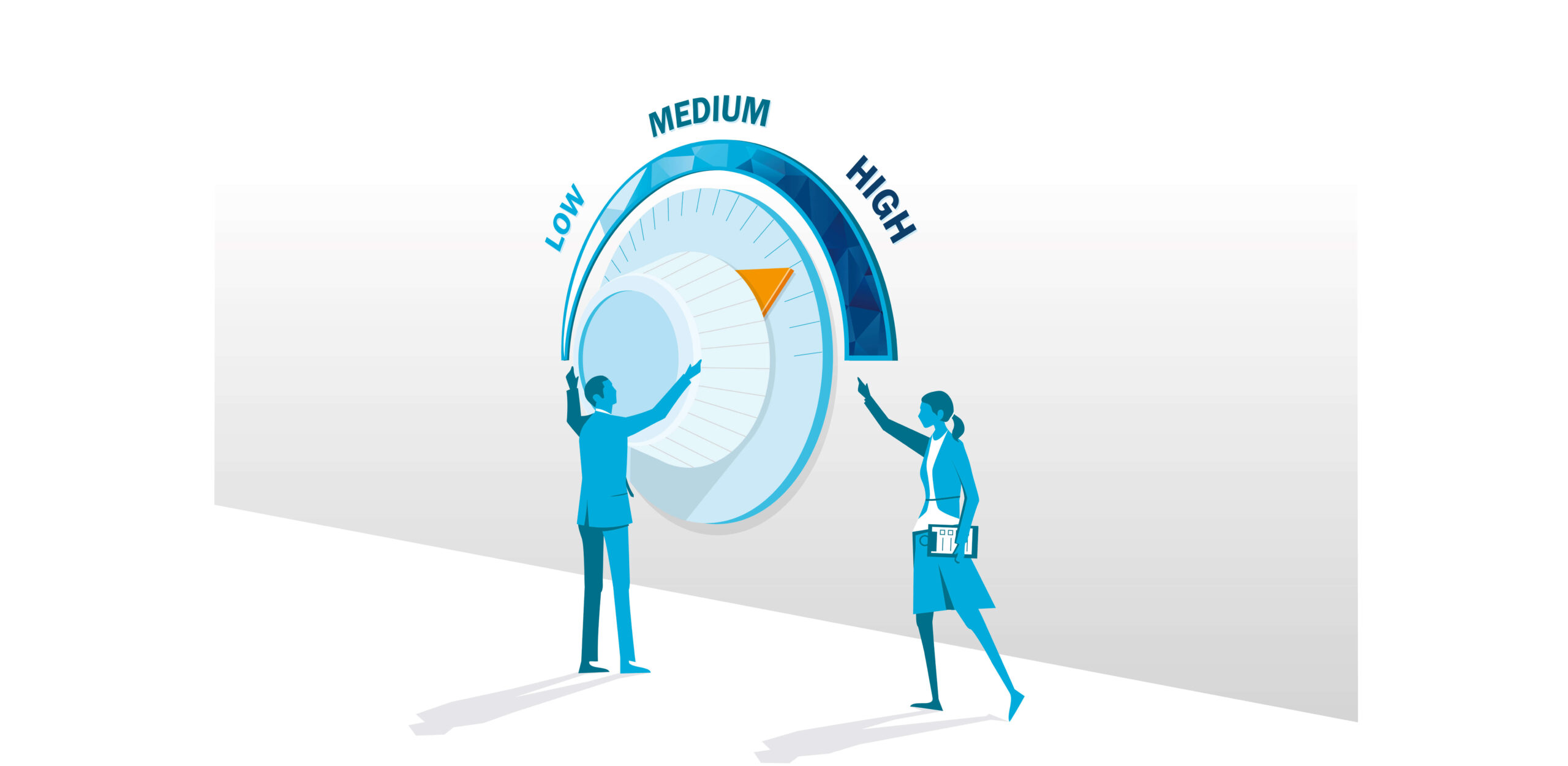Risk Tolerance Investment Understand Your Personal Limits
Unlock the Secrets to Smart Investing: Discover Your Risk Tolerance Investment Now! Don't Miss Out on Maximizing Your Profits.

The Crucial Role of Understanding Your Personal Risk Tolerance in Investment
Investing is a powerful tool for wealth accumulation and financial security, but it comes with inherent risks. To navigate these risks effectively, it is paramount to understand and assess your personal?risk tolerance investment. This critical aspect of investment planning is often overlooked, yet it plays a pivotal role in shaping your investment strategy and ensuring long-term success. In this comprehensive exploration, we will delve into the importance of understanding your personal risk tolerance when investing, emphasizing its implications, benefits, and how it can influence your financial goals.
Defining Risk Tolerance
Risk tolerance can be described as an individual's willingness and ability to endure fluctuations in the value of their investments in pursuit of potential returns. It encompasses both the emotional and financial aspects of risk, reflecting your comfort level with uncertainty and your capacity to withstand potential losses.
Factors Affecting Risk Tolerance
Financial Situation: Your current?financial status, including income, savings, and existing investments, significantly influences your risk tolerance. Someone with substantial savings may be more comfortable taking on higher risks, while those with limited resources might prefer a more conservative approach.
Investment Goals: Your investment objectives, such as retirement planning, wealth preservation, or aggressive growth, will directly impact your risk tolerance. Goals with longer time horizons can generally accommodate more risk.
Time Horizon: The length of time you plan to keep your investments can significantly affect your risk tolerance. Investors with longer horizons can afford to ride out market volatility, potentially accepting higher risk investments.
Knowledge and Experience: Your understanding of financial markets, investment products, and past investment experiences also plays a crucial role. Experienced investors may have a higher risk tolerance due to their confidence in their ability to make informed decisions.
Importance of Understanding Your Personal Risk Tolerance
Tailored Investment Strategy
One of the most compelling reasons to understand your risk tolerance is that it enables you to create a tailored investment strategy. A strategy aligned with your comfort level ensures you stay committed to your investments even during market downturns. Whether you opt for conservative investments, moderate risk, or aggressive growth, your strategy becomes a reflection of your personal preferences and financial goals.
EmotionalStability
Investing can evoke strong emotions, especially during periods of market turbulence. Knowing your risk tolerance helps you make rational decisions and prevents emotional reactions to market fluctuations. This emotional stability can prevent impulsive actions that could harm your long-term financial objectives.
Risk Mitigation
Understanding your risk tolerance allows you to mitigate potential losses effectively. You can diversify your portfolio to spread risk across different asset classes and investment instruments. Diversification can be fine-tuned to match your comfort level, ensuring that you are neither overly cautious nor excessively risky in your approach.
Consistent Progress
Investors who align their portfolios with their risk tolerance are more likely to stay committed to their?financial goals?over the long term. This consistency is crucial for achieving compounded returns and building wealth steadily. It prevents you from jumping in and out of investments based on short-term market fluctuations.
Peace of Mind
Investing should not be a source of constant stress and anxiety. Understanding your risk tolerance allows you to invest with greater peace of mind. You can rest assured that your investments are in harmony with your financial situation and risk appetite, reducing sleepless nights and anxiety associated with market uncertainty.
Financial Goals Achievement
The relationship between risk and reward is a fundamental principle of investing. By understanding your risk tolerance, you can strike an appropriate balance between risk and potential returns. This balance is instrumental in achieving your financial goals, whether it's retirement, buying a home, or funding your children's education.
Avoiding Overcommitment
Without a clear understanding of your risk tolerance, you may unknowingly overcommit to high-risk investments. This can lead to financial stress, potential losses, and the abandonment of your investment strategy. By aligning your investments with your risk tolerance, you can avoid this common pitfall.
Adaptive Investing
Risk tolerance is not static; it can change over time due to various factors, including changes in financial circumstances, investment experiences, and life events. Understanding your risk tolerance allows you to adapt your investment strategy as needed. For example, as you approach retirement, you may want to reduce risk to preserve your accumulated wealth.
Risk-Reward Balance
Effective investing involves striking a balance between risk and reward. Understanding your risk tolerance helps you assess whether the potential returns of an investment align with the risks it carries. This critical evaluation process is vital for making informed investment decisions that align with your financial objectives.
Long-Term Wealth Preservation
Ultimately, the goal of investing is to build and preserve wealth over the long term. By understanding your risk tolerance, you can craft a sustainable investment strategy that safeguards your?financial future. This prudent approach minimizes the chances of catastrophic losses that could derail your financial plans.
In the complex world of investing, understanding your personal risk tolerance is not an option but a necessity. It serves as the foundation upon which you can build a well-suited investment strategy that aligns with your financial goals, emotional comfort, and financial situation. Without this understanding, you risk making hasty decisions, suffering unnecessary losses, and failing to achieve your long-term financial objectives.
Investing is not a one-size-fits-all endeavor. Each investor is unique, and their risk tolerance is a critical factor that should guide their investment choices. By grasping the importance of risk tolerance and incorporating it into your investment planning, you can navigate the ever-changing financial landscape with confidence, consistency, and a higher likelihood of achieving your financial aspirations. Remember that understanding your personal risk tolerance is not a one-time task; it's an ongoing process that should adapt to your evolving financial circumstances and life goals.
What's Your Reaction?























